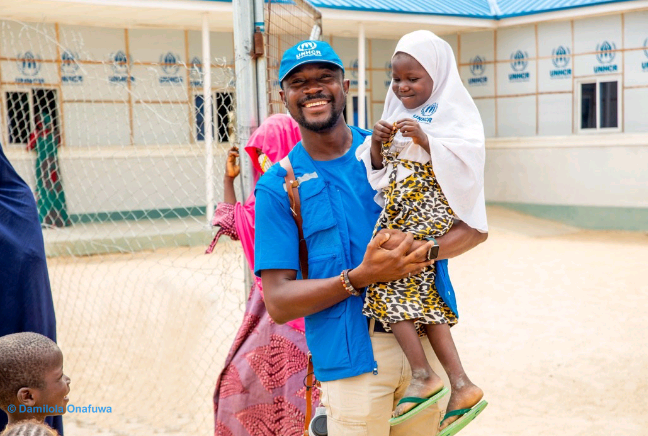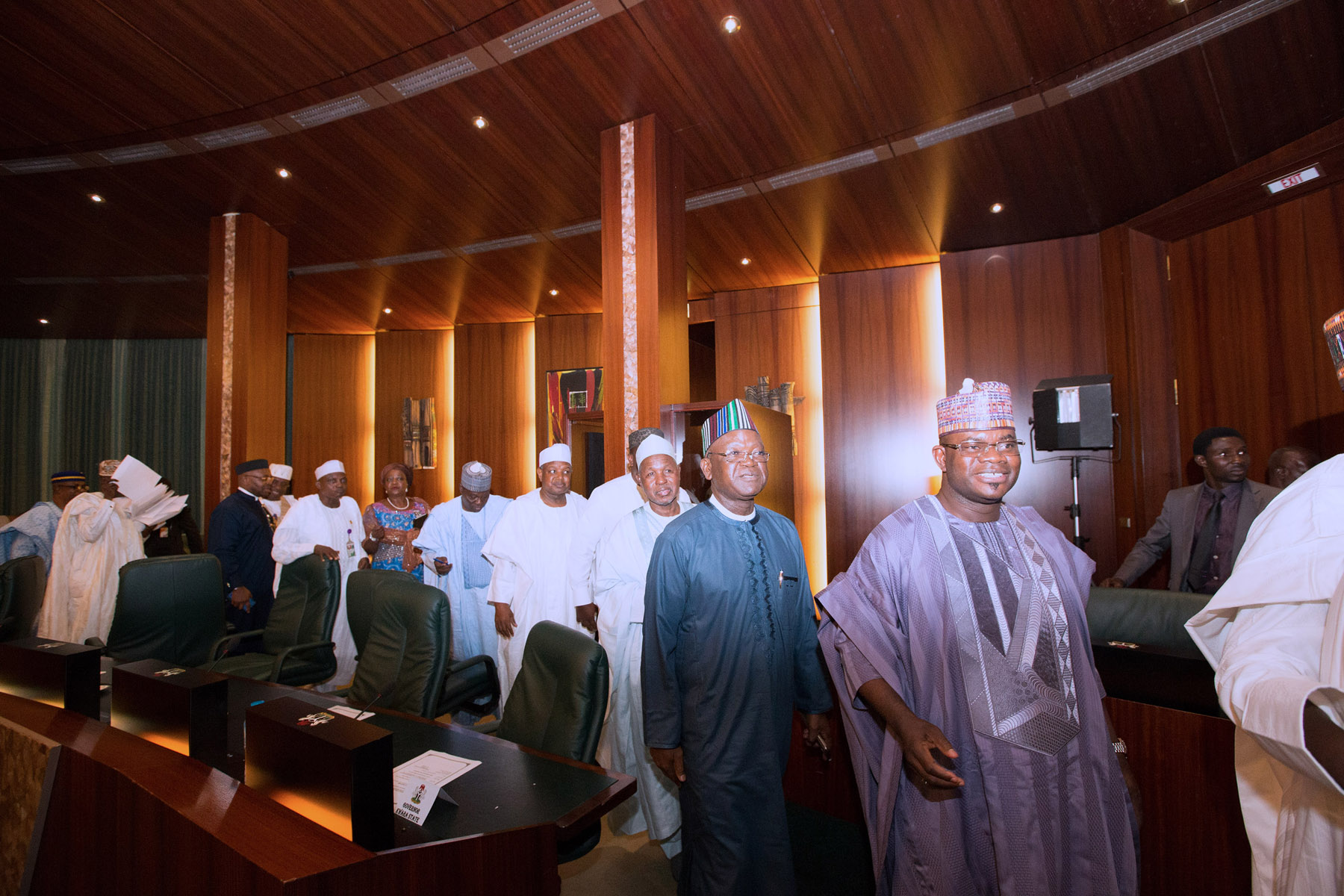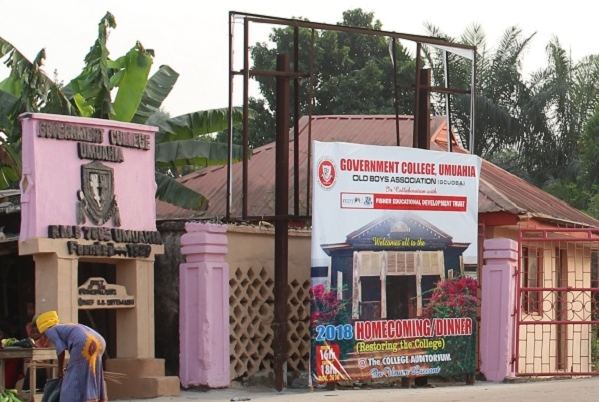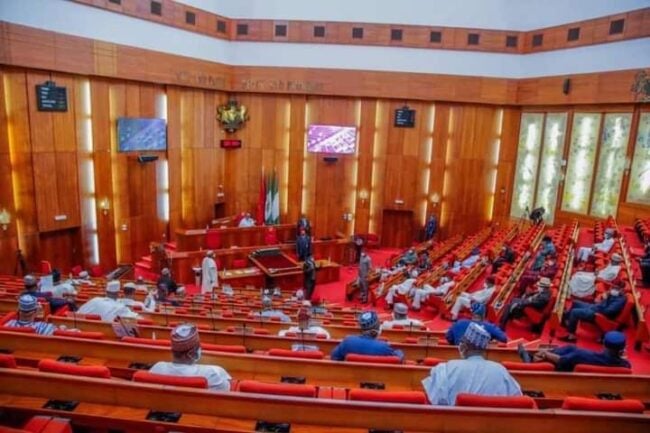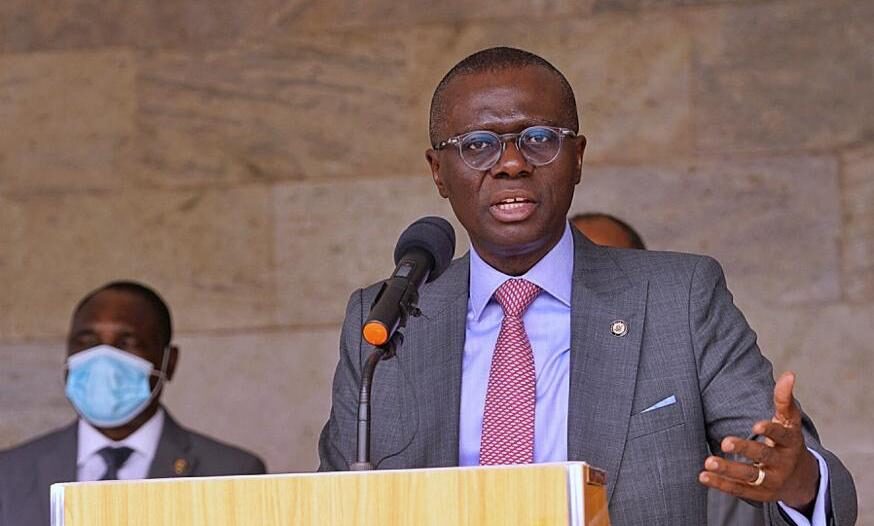BY GABRIEL ADEYEMO
Today, June 14, is my birthday. Every birthday is a remarkable celebration of life, but this year’s celebration for me is special as it would be spent on the frontlines of Nigeria’s humanitarian crisis.
While this year marks three decades and half and a year more for me on earth, it also marks a significant year of my journey in the service of marginalised and vulnerable groups in society. With a career coursing through IHVN/UNAIDS where I worked largely with people living with HIV/AIDS, and provided care for mothers and counselling for the relevant recipients and then UNFPA, which involved empowering young people. In the past three years, however, I found myself in a different kind of frontline. My current role at the UN Refugee Agency has made me realise that a sense of shared humanity is a vital factor in salvaging human society.
To an ordinary individual, conflict may seem like a distant event that is repeatedly drummed up by the press to bore readers. They may also think about conflict with an indifference that is not unusual for those whom the conflict is not at their doorstep. For me, however, conflict and its ravages which I have now come to be familiar with is a terrible thing. Yet, this terrible situation could become even more unbearable without the support of others. Humanitarians like my colleagues and I, the local and international NGOs, volunteer groups who risk their lives, host communities who welcome the refugee and internally displaced persons (IDP) are important support systems for these vulnerable and beleaguered groups. But IDPs and refugees equally possess resilience and an unquenchable desire to look towards the future with hope that cannot be underrated.
Advertisement
Last year, when the COVID-19 pandemic descended on the country, one of the main points of concern was on how the Refugee and IDP camps would cope. There were fears that the existing conditions in the camps could not allow for the luxury of space and physical distancing which the period demanded. Yet, contrary to these fears, there were no concerning news or special outbreaks in these camps. This was down to the fact that those living in these camps already understand what it means to flee from danger and seek safety.
Families were keen on protecting their loved ones, adults listened to the instructions of health practitioners who worked with them, and the host communities adhered to public health recommendations as observed across the country. Displaced by conflict, these vulnerable people were determined not to be displaced by the pandemic. And together with the host of other stakeholders, there is a lesson that we can create a better world by being there for each other. Today, the message is one of hope and togetherness. That we made it past the worst public health crisis the world has ever seen, and now we heal, shine and build together.
Interestingly, one of the things considered the new cool in our present time is the idea of ‘self-made’. To a philosopher, or humanist, or anyone with a cursory idea about life, this claim can only be classed as absurd. Those who claim to be self-made cannot prove that they gave birth to themselves. And so, my main point of reflection on this day is the strength and beauty that lies in humanity when people work together; and admit to the contributions others make to their lives.
Advertisement
By the time this piece will be published, I will be on a flight to Maiduguri – Borno and Adamawa states, to visit camps of IDPs. While visitations to these camps and rendering the necessary assistance is a normal part of my job, it feels even more special for me today—my birthday. It has made me reflect on how much I owe who I am today to the efforts of others. Therefore, there is no greater satisfaction than being there for others, whoever they may be, and wherever our paths may cross.
As my life coursed through different organisation halls, meeting rooms, and decision rooms, I can’t help but imagine that I am where I am because some people loved and believed in me. That, while I may have the technical expertise to handle a task, my promotion may yet lie in a generous statement made about me by a person keen to see me progress. I have come to understand that we are who we are because somebody or some people loved, cared and tendered to us—be it physically, emotionally, or career-wise. I have come to understand how much our welfare or wellbeing is determined to a larger extent by the empathy of others, even those we may not know.
One of the most surreal moments I witnessed in an IDP camp last week was the moment a mother reunited with two of her daughters after seven years. This was both an emotional and heart-warming moment due to the backstory. The daughters had been separated from their mothers in a flight for life. Unfortunately, the missing girls were picked up by a Nigerian who moved them across the border. Whilst there, the rescuer kept them safe and tended to their needs. As the arc of fate turned, the girls were spotted by members of the International Red Cross (ICRC) who noticed that the girls did not look like Nigerians and that they also looked lost. It was the commitment of these individuals to learn about the story of the girls that eventually led to their eventual reunification with their mother. Moments like these are the fuel that energises all humanitarians—the ability to see meaning in extending a hand of hope to those thirsting for sunlight.
Thus, the crux of my reflection on this day is a sense of gratitude for life; for the privilege of being in the service of those in need and the fortune of being a beneficiary of the benevolence of others.
Advertisement
Gabriel Adeyemo is an advocate for sustainable development, a humanitarian, public health enthusiast, and communications officer with the UNHCR, the UN Refugee Agency in Nigeria.
Views expressed by contributors are strictly personal and not of TheCable.
